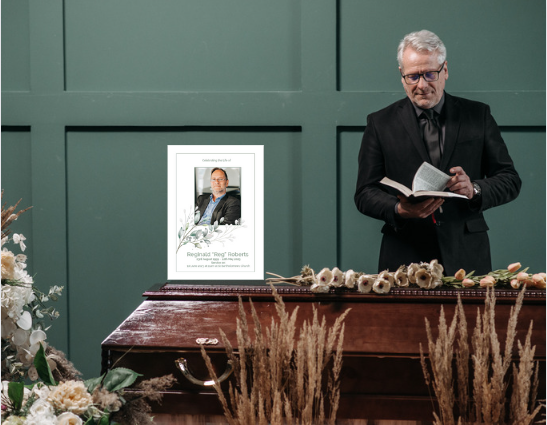Unveiling the Speakers at a Funeral: Understanding Their Roles and Contributions

Losing a loved one is a profoundly emotional experience, and the speakers at a funeral play a crucial role in honoring the life and memory of the deceased. This article will explore who speaks at a funeral, their roles, and how they contribute to creating a meaningful tribute.
Exploring the Importance of Speakers in Honouring the Deceased
At a funeral, speakers provide comfort, solace, and support to mourners as they gather to remember and celebrate the departed's life. Their words offer a sense of closure and help mourners navigate their grief.
Traditional Speakers at a Funeral
Family Members and Close Friends
Family members and close friends often serve as speakers at a funeral. They share personal anecdotes, memories, and reflections on the deceased's life, offering comfort and support to other mourners.
Religious Leaders or Officiants
Religious leaders or officiants also play an essential role in funeral services. They provide spiritual guidance and support, offer prayers or blessings, and help create a meaningful and respectful atmosphere.
Additional Speakers and Contributors
Eulogists or Tribute Speakers
Eulogists or tribute speakers deliver formal eulogies or tributes to the deceased. They share stories, anecdotes, and reflections on the life and legacy of the departed, providing insight into their character and impact on others.
Special Guests or Community Leaders
Special guests or community leaders may also be invited to speak at a funeral. They offer words of remembrance and support, providing perspective on the deceased's life and their contributions to the community.
Planning and Coordinating Speakers
Identifying Potential Speakers
When planning a funeral, it's essential to identify potential speakers who can offer meaningful contributions. Family members and close friends should be consulted to ensure that the speakers chosen reflect the wishes and preferences of the deceased.
Coordinating with Speakers
Once speakers have been identified, it's important to communicate expectations and guidelines. Support and assistance with speech preparation can help speakers feel comfortable and confident during the service.
Ensuring a Meaningful Tribute
Personalising Contributions
Each speaker should personalise their contributions to reflect the personality and life of the deceased. Sharing heartfelt anecdotes, memories, and reflections can help create a touching tribute that resonates with mourners.
Providing Support to Speakers
It's essential to provide support to speakers throughout the funeral planning process. Offering guidance and assistance with speech preparation can help speakers feel prepared and supported as they deliver their tribute.
Conclusion
The speakers at a funeral play a vital role in honoring the life and memory of the deceased. Whether they are family members, friends, religious leaders, or special guests, their words offer comfort, solace, and support to mourners as they gather to say goodbye. By personalizing their contributions and supporting speakers, funeral organizers can ensure that the service is a meaningful tribute to the life and legacy of the departed.
